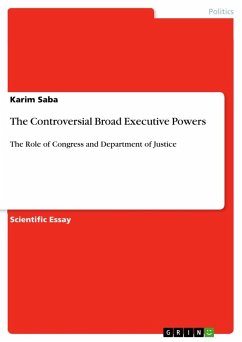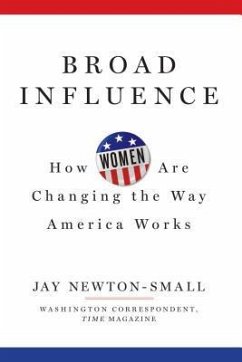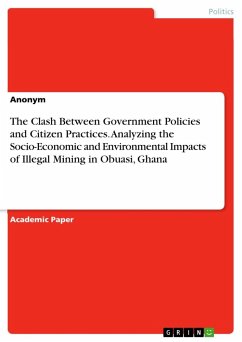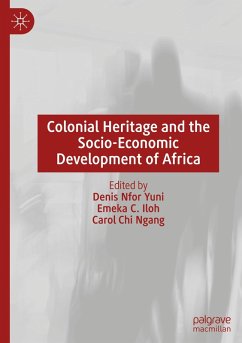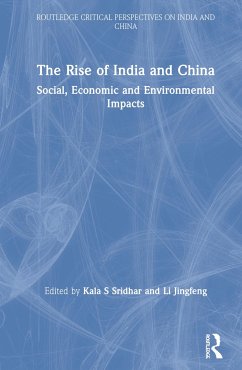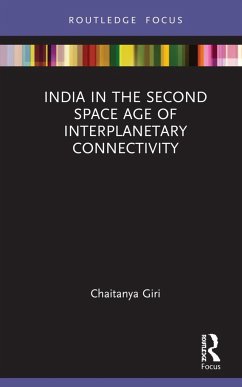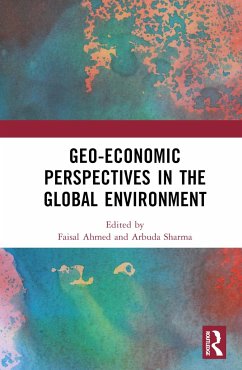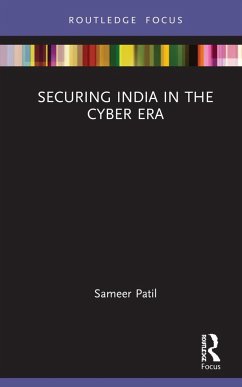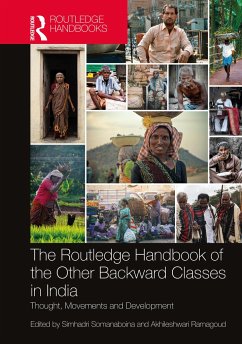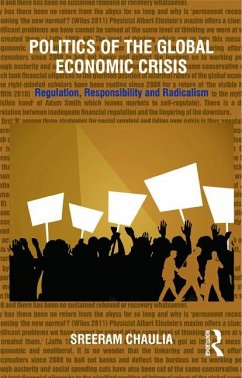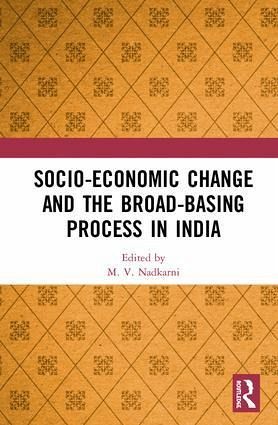
Socio-Economic Change and the Broad-Basing Process in India

PAYBACK Punkte
84 °P sammeln!
This book offers a new concept of inclusion of the marginalised in India - the Broad-basing Process. The author examines how through this process increasing numbers of marginalised social groups can enter into the social, political and economic mainstream and progressively derive the same advantages from society as the groups already part of it. The book critically reviews how the broad-basing process has worked in the past in India both before and after its independence. It examines how social groups like Dalits, OBCs, Muslims, women and the labour class have fared, and how far economic devel...
This book offers a new concept of inclusion of the marginalised in India - the Broad-basing Process. The author examines how through this process increasing numbers of marginalised social groups can enter into the social, political and economic mainstream and progressively derive the same advantages from society as the groups already part of it. The book critically reviews how the broad-basing process has worked in the past in India both before and after its independence. It examines how social groups like Dalits, OBCs, Muslims, women and the labour class have fared, and how far economic development, urbanisation, infrastructure development and the digital revolution have helped the marginalised and promoted broad-basing. It also offers mechanisms to speed up broad-basing in poorer economies. A first of its kind, this volume will be useful for scholars and researchers of political studies, sociology, exclusion studies, political economy and also for general readers.




